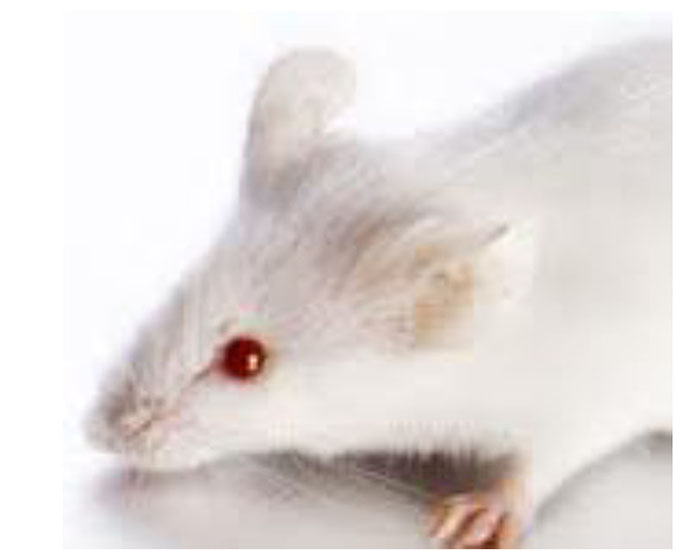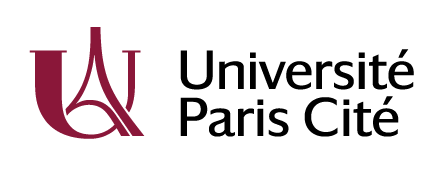
Master BIP – M2 “Reproduction and Development” – ReproDev
General Overview of the M2 BIP – ReproDev programm
The significant advances in the control of reproduction, along with the importance of fundamental, applied, and medical issues in the fields of reproduction and development, make these two disciplines central to everyone’s life. The ReproDev program offers a multidisciplinary education that encompasses all levels of study, from molecules to phenotypes, within the context of normal, disrupted, or pathological mechanisms. It is training through research and for research. Our program focuses on fundamental biological processes that are shared with other disciplines (such as cell differentiation and development, mitosis, apoptosis, cell signaling, and intercellular interactions) as well as biological activities specific to Reproduction (meiosis, fertilization, early development, sexual endocrinology and neuroendocrinology) and Development (fetal and adult stem cells, fetal development, feto-maternal relationships, and the transition from intrauterine life to autonomous life).
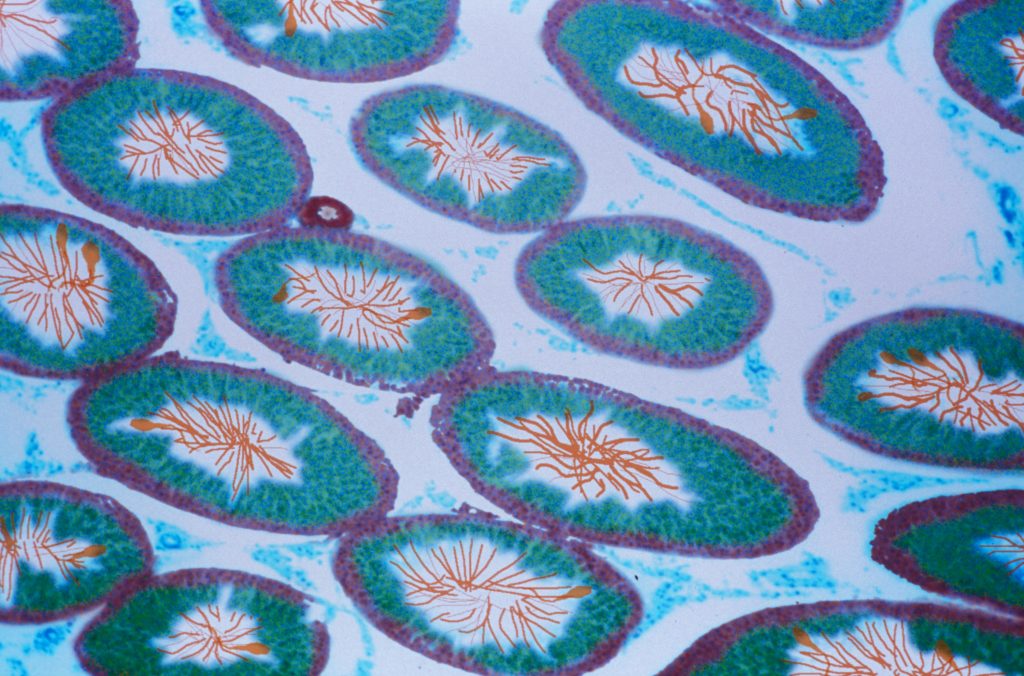
5 More Reasons to Choose the M2 BIP – ReproDev Program
A Unique Program in France
This program stands out in France due to the breadth and integration of its theoretical and practical training, combining both Reproduction and Development. It is the only Master’s specialization primarily focused on human reproduction. By contrast, the other M2 program in Reproduction, based in Tours, is oriented toward animal reproduction.
Personalized Student Support
The program coordinator maintains close, continuous contact with students, guiding them throughout the academic year and helping them define their professional goals by the end of the program. All students who have wished to pursue a PhD were able to do so (approximately 60–70% of graduates), and the success rate is 100%.
Diverse Student Backgrounds
Each year, the M2 ReproDev welcomes around 30 students, typically with a balanced mix of backgrounds: half from scientific disciplines (from various universities), and half from health-related fields (medicine, pharmacy, veterinary medicine, etc.). This diversity fosters rich human and scientific exchanges within the cohort.
A Wide Range of Research Internships
Students can choose from 40 to 50 research internship opportunities each year, and are individually advised in their selection by the program coordinator. Host laboratories include experts in genetics, cell and molecular biology, physiology, biochemistry, pharmacology, epidemiology, veterinary science, agronomy, and clinical medicine, affiliated with universities, public research organizations (INSERM, CNRS, INRAE, CEA…), and private institutions. International internships, notably in Canada, are also available.
A Highly Specialized Teaching Team
ReproDev is a multidisciplinary program taught by over 120 experts—researchers, academic faculty, and hospital-university professionals—from the Paris region and across France. All are recognized specialists in their respective fields with internationally acknowledged expertise.
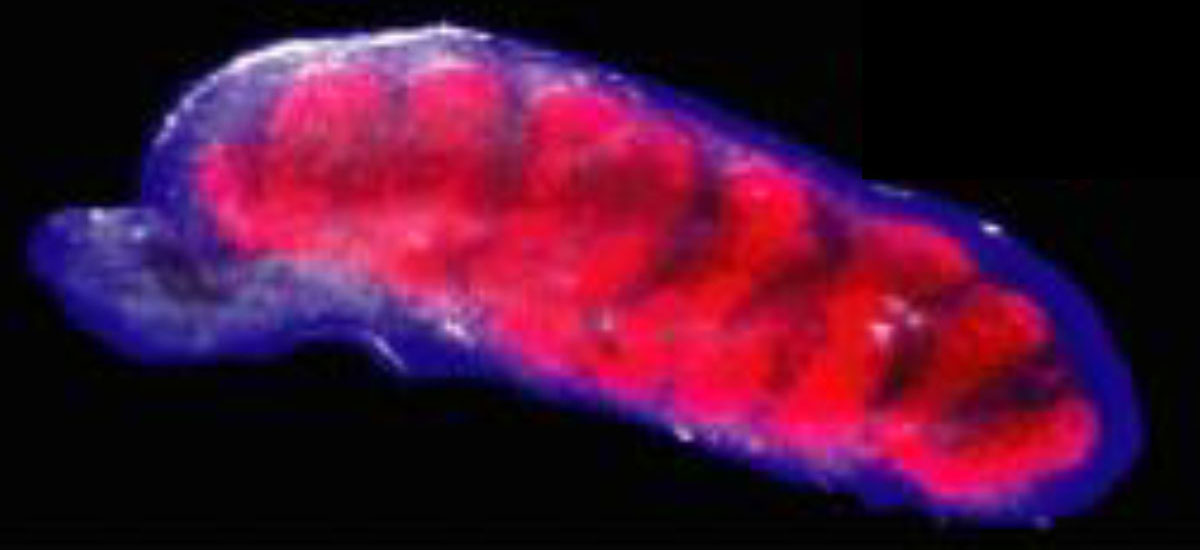
Responsibilities and Contacts
Responsibilities and Contacts – M2 ReproDev Track
Track Coordinators – Université Paris Cité
Contact Person for Medical, Pharmacy, and Midwifery Students
Administrative Office – Université Paris Cité
-
Anicette Anon-Dei
Educational Administrator – UFR SDV
Lamarck Building – RH 42
35 rue Hélène Brion, 75013 Paris
📞 +33 (0)1 57 27 82 35
📧
Partner Institutions – Academic Contacts
Université Paris-Saclay
Olivier Briat – 📧 olivier.briat@université-paris-saclay.fr
Dorian Moreau – 📧 dorian.moreau@université-paris-saclay.fr
Service des Études et de la Vie Étudiante
Pôle Biologie-Santé – Office 218
Faculty of Medicine – Université Paris-Sud
63 rue Gabriel Péri, 94276 Bicêtre Cedex
📞 +33 (0)1 49 59 66 47
AgroParisTech
ENVA (École Nationale Vétérinaire d’Alfort)
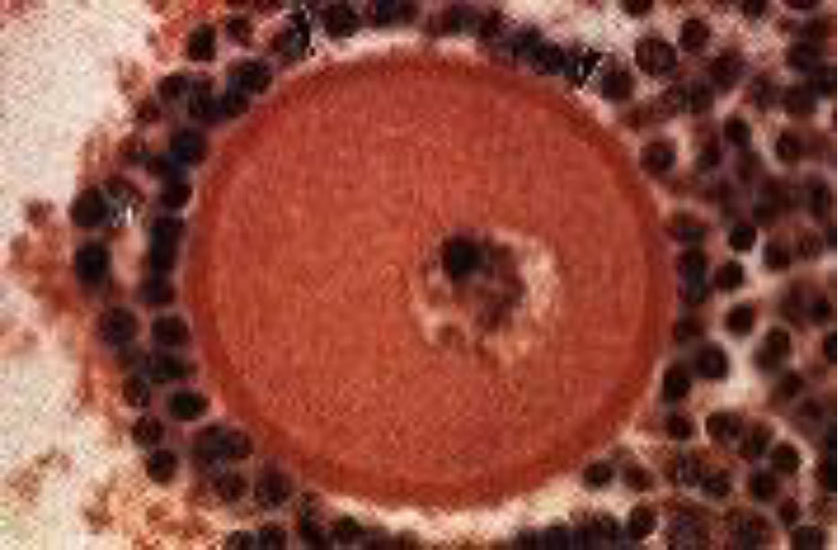
Apply to the M2 BIP – ReproDev Track
Who Can Apply?
Admission to the M2 ReproDev track is open to:
-
Students who have completed a Master 1 in BIP (Biology and Health) or an equivalent M1 in Genetics, Molecular and Cellular Biology
-
Graduates from Grandes Écoles (engineering, agronomy, veterinary, etc.)
-
Students from health programs (medicine, pharmacy, veterinary medicine, etc.) who have completed an introductory research program
-
Professionals may apply through a prior learning validation process
-
The course “Reproductive Toxicology” is also available through continuing education
Prerequisites
-
Strong academic background (Master 1 level) in animal/human physiology, genetics, molecular and cellular biology
-
Adequate written and spoken scientific English
-
At least a 2-month research internship (during Bachelor’s or Master 1)
When to Apply?
-
First application session:
📅 April 15 – June 30, 2025 -
Second session:
📅 [Dates to be confirmed]
How to Apply?
1. Candidates with a Master 1 diploma from a European university or from a country not under the “Études en France” procedure
Apply online via the eCandidat platform of Université Paris Cité:
➡️ Faculty of Sciences → Master “Biologie Intégrative et Physiologie” → M2 ReproDev Track
https://ecandidat.app.u-paris.fr/sciences1/connect#!accueilView
Required documents:
-
Completed application form
-
Motivation letter (including career goals)
-
Curriculum vitae
-
High school diploma
-
Complete academic transcript (all post-secondary transcripts)
2. Candidates from countries under the “Études en France” procedure
Apply via the Campus France platform:
🌐 campusfrance-procedure-cef
Note: A minimum B2 level in French (as defined by the CEFR – Common European Framework of Reference for Languages) is required.
Admission Process
Admission is based on a pre-selection of applications, followed by an interview.
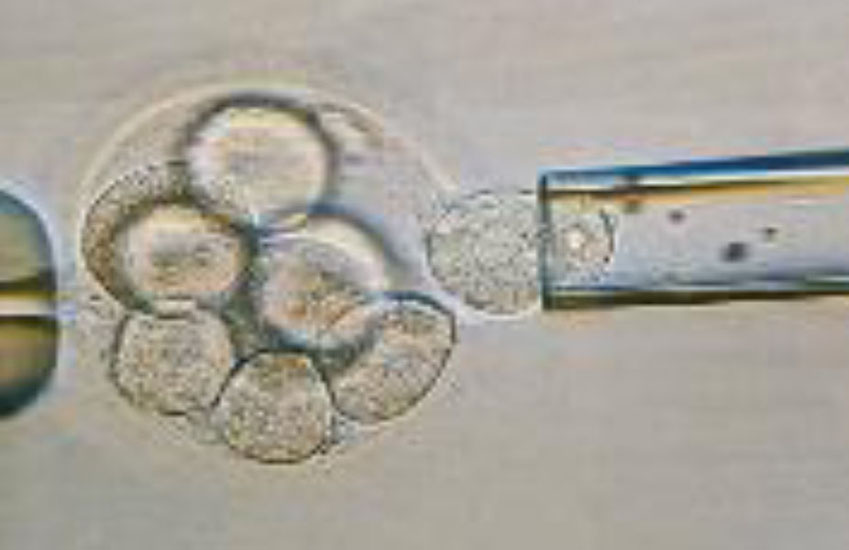
Academic Program
📚 Semester 1 – Theoretical Courses (November–December)
The first semester is dedicated to theoretical instruction, organized across November and December. A total of 10 teaching units (UEs) are offered. Each UE is worth 3 ECTS credits, and includes 24 hours of lectures and conferences and 6 hours of seminar sessions (except UE1). One seminar project is worth 6 ECTS.
✅ Course Selection Requirements
-
Students must complete 6 UEs:
-
UE1 is mandatory
-
3 UEs must be selected from the ReproDev course list
-
The remaining 2 UEs can be chosen either from:
-
ReproDev offerings,
-
Other tracks of the BIP Master’s program,
-
Or another Master’s program (with approval from the track coordinator)
-
-
Additional academic components include:
-
A scientific English module
-
A bibliographic project
-
An oral presentation of the research internship proposal
📘 List of Teaching Units (UE)
-
UE1 – Fundamentals of Reproduction
“Everything you always wanted to know about Reproduction”
Refresher course in physiology and reproductive/developmental biology for students without prior coursework in the field.
🔹 Mandatory UE -
UE2 – From Germline Stem Cell to Fertilization
Study of the biological processes that transform embryonic germ cells into mature gametes. -
UE3 – Reproductive Endocrinology
Comprehensive study of hormonal regulation in mammalian reproduction and their mechanisms of action. -
UE4 – Reproductive Medicine
Exploration of the physiopathology and deficiencies of reproduction, their causes, treatments, and ethical implications of reproductive technologies. -
UE5 – Genetics of Reproduction and Sexual Differentiation
Focus on the genetics of normal and pathological reproduction and the interdisciplinary processes involved in reproductive development. -
UE6 – Reproductive Toxicology and Biotechnologies
Investigation into the effects of environmental pollutants on reproductive functions and risk assessment. -
UE7 – From Fertilization to Implantation
Cellular, genetic, and epigenetic analysis of fertilization, preimplantation embryonic development, and implantation. -
UE8 – Placental Development: From Implantation to Birth
Study of uterine and placental physiology and the pathophysiology of fetal-maternal exchange. -
UE9 – Fetal and Perinatal Differentiation
Functional differentiation supporting postnatal autonomous life, with focus on lung development, the thyroid axis, and the nervous system. -
UE10 – Developmental Biology
Comparative developmental biology using model organisms (mouse, Drosophila, zebrafish), with special focus on stem cells.
🎯 Targeted Skills (Semester 1)
-
Knowledge required to pursue a PhD in reproduction and development or join R&D in the biomedical field
-
Training in bibliographic analysis and scientific seminars under faculty supervision
-
Ability to analyze experimental data, perform critical evaluations, and synthesize scientific information
-
Development of oral argumentation and debate skills in scientific contexts
📝 Evaluation (30 ECTS)
-
18 ECTS from written exams for selected UEs (Nov–Jan)
-
6 ECTS for seminar project
-
3 ECTS for English oral presentation of the research project (January)
-
3 ECTS for the scientific English module
🔬 Semester 2 – Research Internship (6 Months)
A 6-month mandatory internship in a research laboratory (France or abroad) is required. The internship is validated through a written thesis and an oral defense.
🎯 Targeted Skills (Semester 2)
-
Integration into a research team and active contribution to a scientific project
-
Teamwork, autonomy, and initiative
-
Mastery of experimental techniques and data analysis
-
Critical reading and synthesis of scientific literature
-
Oral communication in both French and English, and scientific writing
-
Ability to argue and debate scientific concepts
📝 Evaluation (30 ECTS)
-
Internship project presentation: January
-
Final defense & written report: June
Main Research Institutes Partnering with the Master’s Program
Our Master’s program is affiliated with more than 28 research institutes in France and abroad.
Link to a non-exhaustive list of host laboratories (Click on the image):
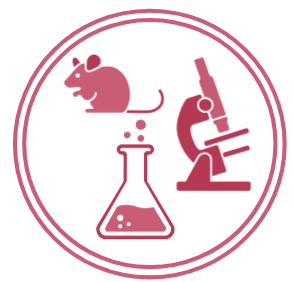
Proposed Research Internship Topics – M2 2025-2026
Coming soon, continuously updated proposals.
Below are the internship topics usually offered by laboratories affiliated with the M2 ReproDev program. You may also find your own host laboratory, but you must discuss and validate your project with the Master’s program coordinators.
Stage M2 ReproDev 2025-2026 MOLLA-HERMAN-Anahi-JRH _1_
Stage M2 ReproDev 2025-2026 DUMONT Ludovic
Stage M2 ReproDev 2025-2026 Guigon Céline
Stage M2 ReproDev 2025-2026 – M.Whitfield
Stage M2 ReproDev 2025-2026 Anaïs VITORINO CARVALHO
Stage M2 ReproDev 2025-2026 LDG
Stage M2 ReproDev 2025-2026 Nicolas Gatimel
Stage M2 ReproDev 2025-2026_TRobert
Stage M2 ReproDev 2025-2026 Sophie LEBON
Stage M2 ReproDev 2025-2026 Vincent EL Ghouzzi
Stage M2 ReproDev 2025-2026 ESTHER DOS SANTOS Equipe RHuMA
Stage M2 ReproDev 2025-2026 HADIA MOINDJIE Equipe RHuMA
Stage M2 ReproDev 2025-2026 Sapin Vincent et Blanchon Loïc
Stage M2 ReproDev 2025-2026 V Puy F Eustache
Stage M2 ReproDev 2025-2026_ZALC_ANTOINE
Stage M2 ReproDev 2025-2026 ZERRAD-SAADI Amal
Stage M2 ReproDev 2025-2026 Ancelin Katia
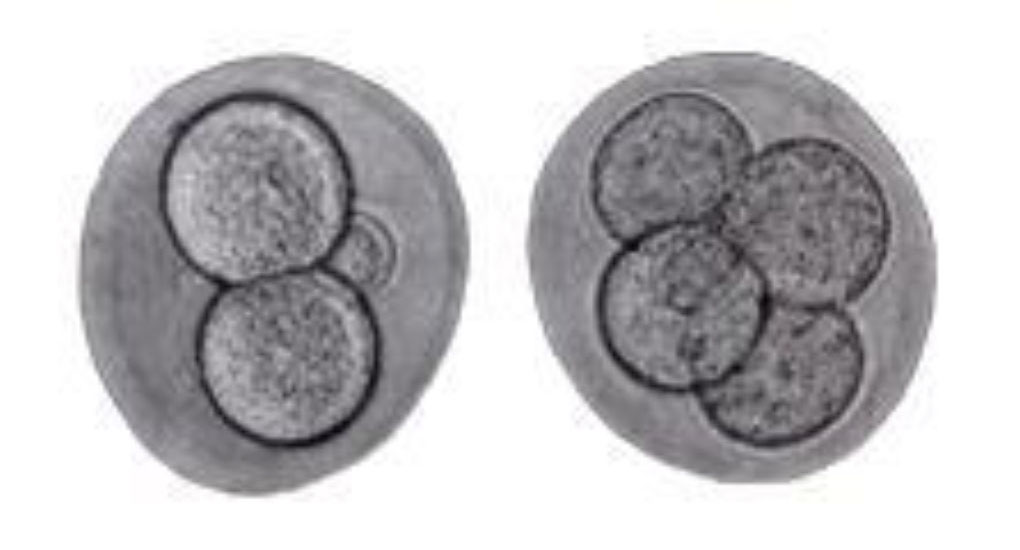
General Practical Information and Annual Schedule
Courses for UEs 1 to 8 take place on the Campus de Paris Rive Gauche.
UE 9 is held at the Robert Debré Hospital in Paris, and UE 10 at the university site of the Kremlin-Bicêtre Hospital.
Examinations and oral defenses are held at Campus Paris Rive Gauche.
The internship project presentation occurs at the end of January, with the oral defense following the written report in June.
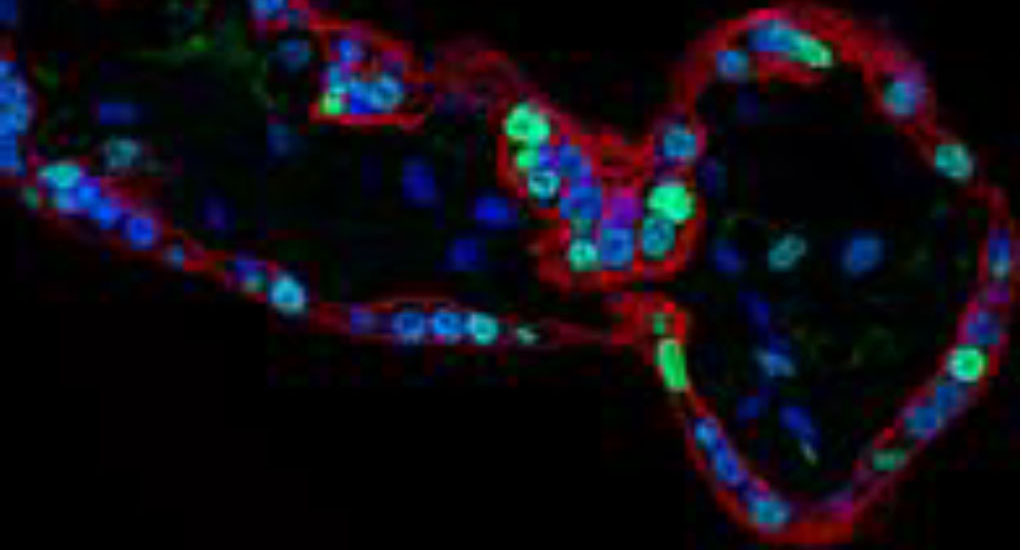
Student feedback on our Master’s program
-“Bref un très beau souvenir !!
-“M2 enrichissant et indispensable pour se lancer dans le monde de la recherche”
-“UE sont super intéressantes, les intervenants bien choisis”
-“Programme très intéressant et très enseignants investis”
-“Une belle expérience et ouverture sur une grande variété de sujets de recherche”
-“Enseignements de qualité, la mixité médecin/vétérinaire/scientifique était vraiment bien”
-“chacun des intervenants etait passionne et cela m’a profondemment marqué”
-“M2 ReproDev = meilleure formation universitaire que j’ai pu suivre”
-“Pas de points négatifs, ce M2 est juste génial !”
-“Ce master m’a vraiment permis d’approfondir mes connaissances fondamentales en reproduction et je me sers toujours de celles ci dans mon activité de recherche et même clinique”
-“Ce M2 m’a permis une ouverture d’esprit, de nombreuses rencontres très riches hors milieu médical pur, l’envie de poursuivre avec une thèse de sciences. L’enseignement était passionnant”
-“Que des points positifs: des enseignements de qualité, des enseignants spécialisés dans leur domaine et pédagogues, une organisation++ du master (calendrier des cours et suivi stage)”
-“Ce master m’a permis de me perfectionner dans un domaine qui me passionne. Le contact avec des professionnels de santé m’a permis entant que scientifique d’avoir une autre vision de la recherche.”
-“Enseignements très riches et diversifiés !”
-“Ce master a réellement été une révélation pour moi. Je me suis totalement épanouie autant lors des cours que des pratiques et des stages. J’ai compris, grâce à vous, ce qu’était l’apprentissage et la formation universitaire faite de manière empathique et respectueuse de l’étudiant. “
-“Tout d’abord, le programme offre une approche holistique en couvrant divers aspects liés à la reproduction, tels que la biologie, la génétique, la santé reproductive, et même les aspects éthiques et sociaux. Un autre point fort du M2 ReproDev est la qualité de son corps professoral. Les enseignants et chercheurs impliqués dans le programme sont généralement des experts reconnus dans leur domaine, apportant une expertise approfondie et une perspective actuelle sur les développements scientifiques et technologiques. Le programme se distingue également par son orientation pratique, offrant des opportunités de stages, de projets de recherche et de collaborations avec des institutions de pointe dans le domaine de la reproduction et du développement. Cela permet aux étudiants d’acquérir une expérience concrète et de développer des compétences directement applicables sur le marché du travail. En outre, le M2 ReproDev s’adapte généralement aux avancées technologiques et aux nouvelles découvertes dans le domaine, assurant ainsi que les étudiants restent à jour sur les dernières avancées scientifiques. Cela garantit que le programme reste pertinent et prépare les étudiants à relever les défis actuels et futurs dans le domaine de la reproduction et du développement. En résumé, le M2 ReproDev offre une formation complète, une expertise de qualité, des opportunités pratiques et une adaptation constante aux évolutions scientifiques, faisant de lui un choix solide pour ceux qui cherchent à se spécialiser dans ce domaine passionnant”
Career Paths of Alumni
Further Studies
Targeted degree: Doctorate (PhD)
Bridging Opportunities
Bridging options towards health studies are available upon application for students who have completed their Master’s degree.
Professional Opportunities
Job Titles
Project Manager, Clinical Research Associate, Research Engineer, Researcher*, Faculty Researcher*, Hospital-University Career*, Project Manager in start-ups and industrial companies.
*after completing a doctorate
Fields and/or Sectors
Public or private research and development laboratories
Hospitals
Pharmaceutical and biotechnology sectors
Start-ups in reproductive technologies

